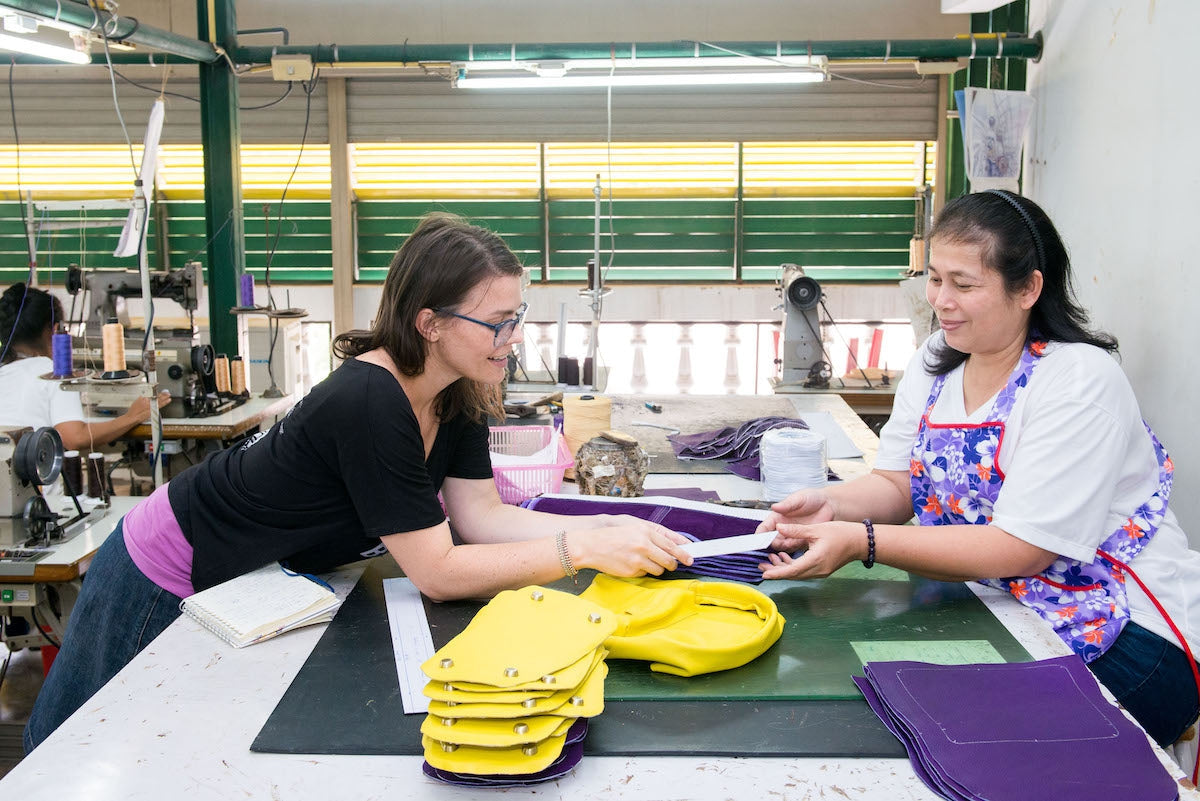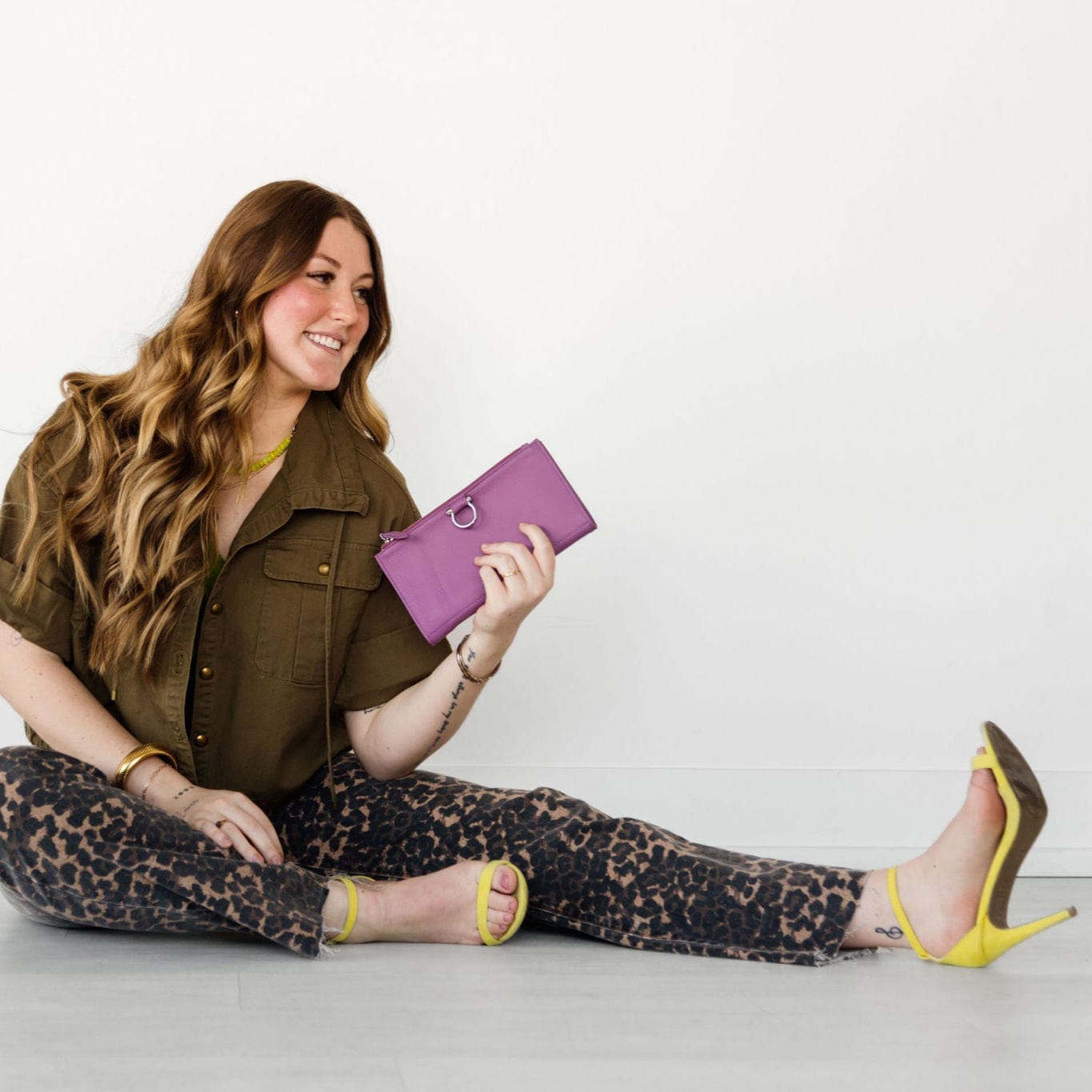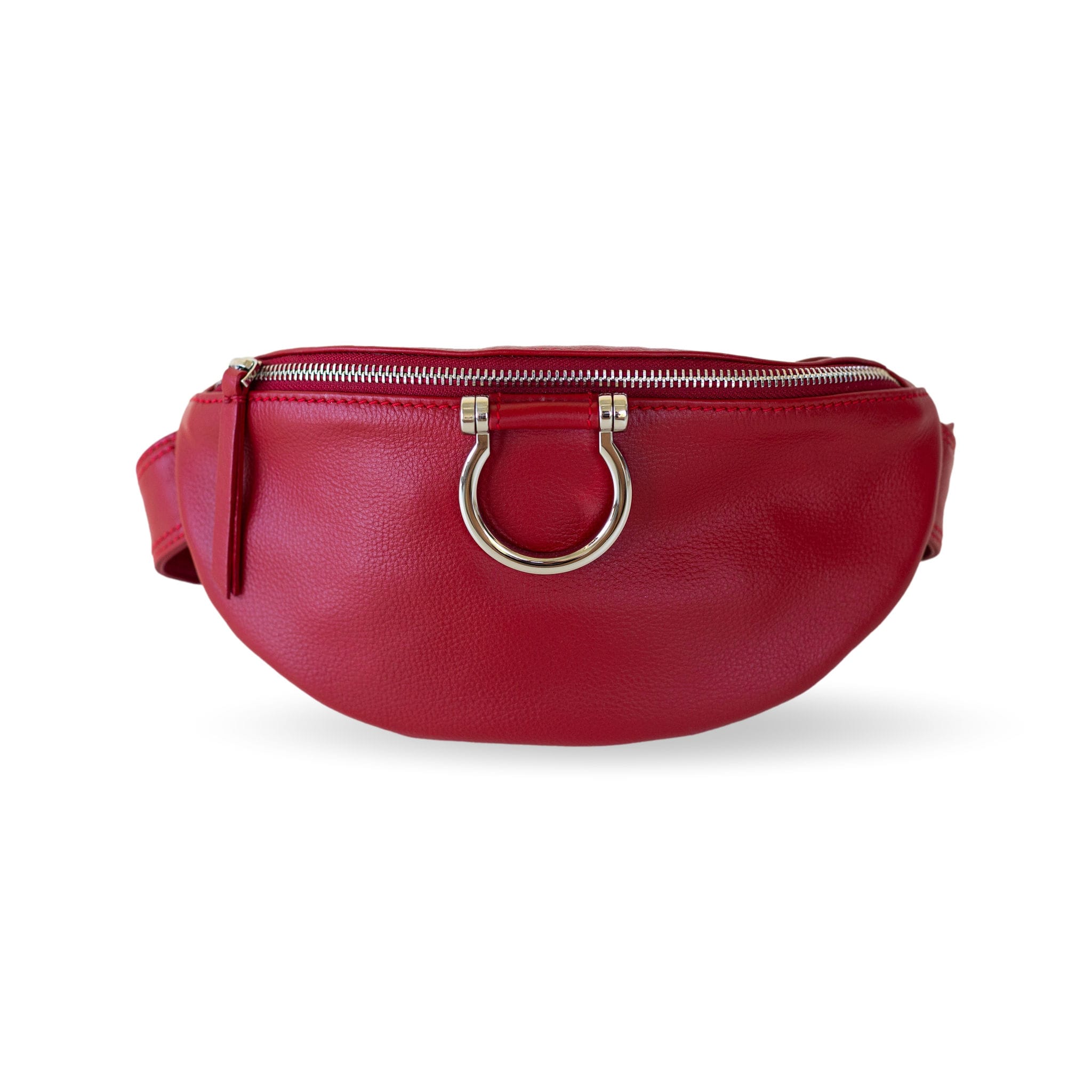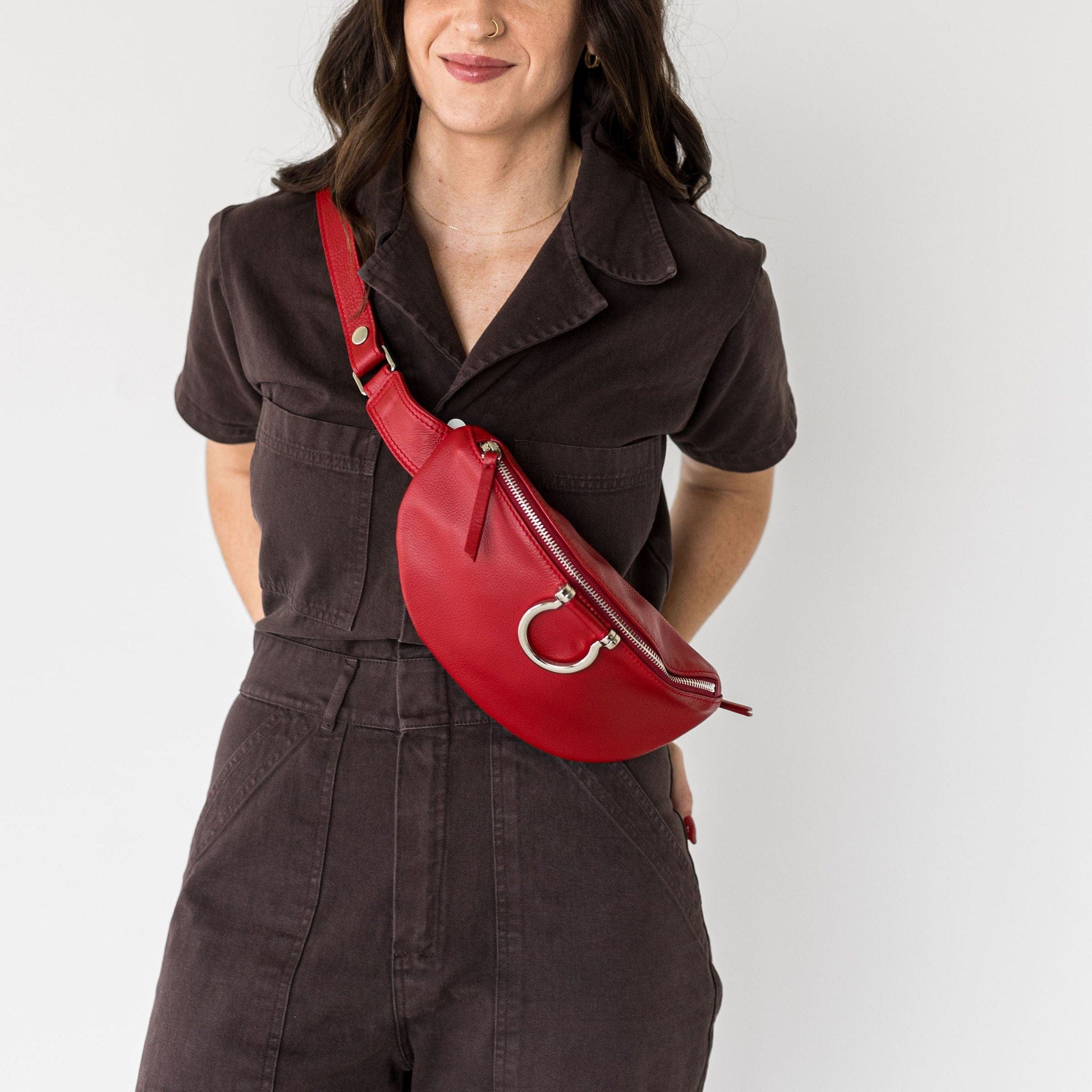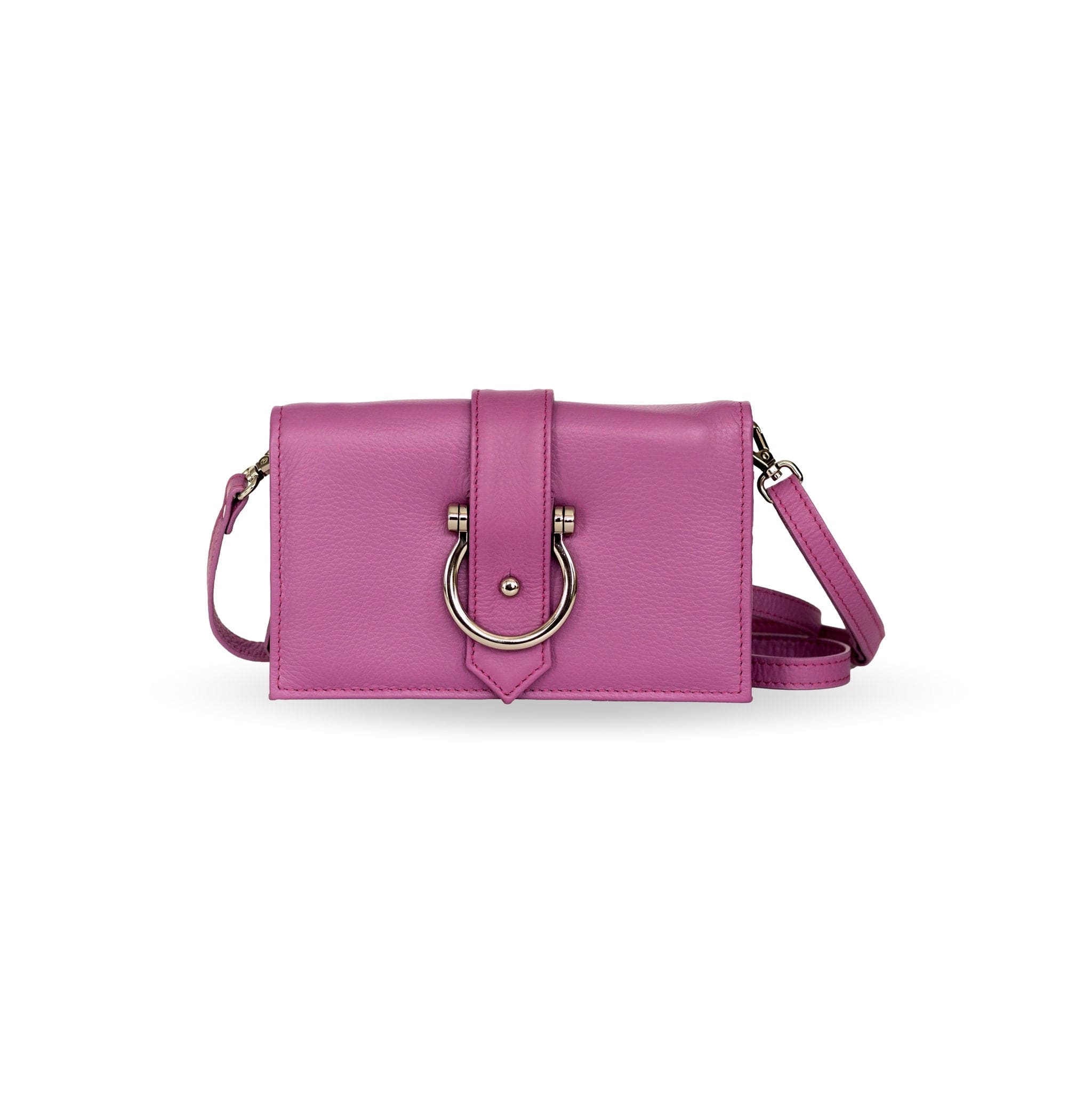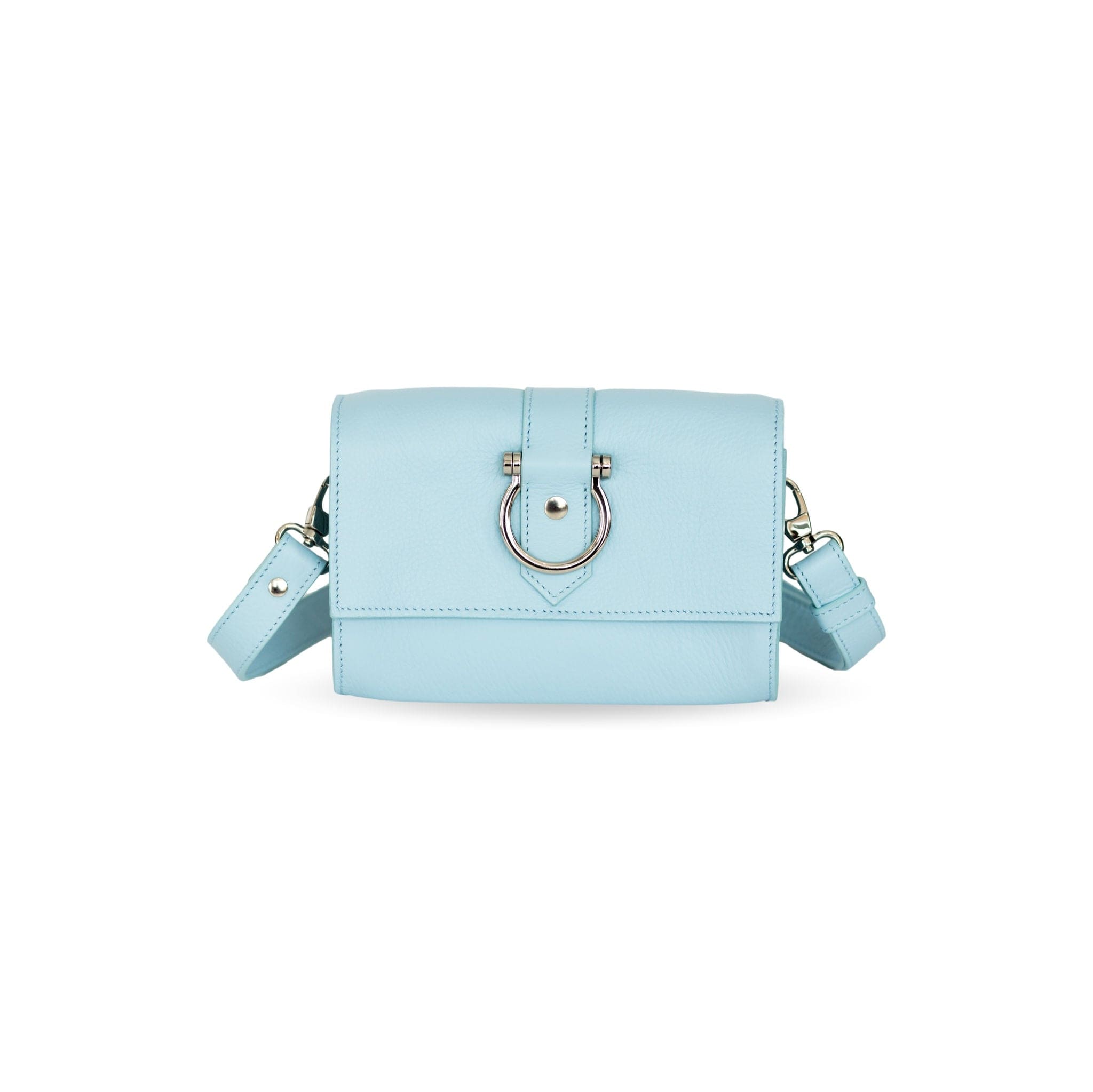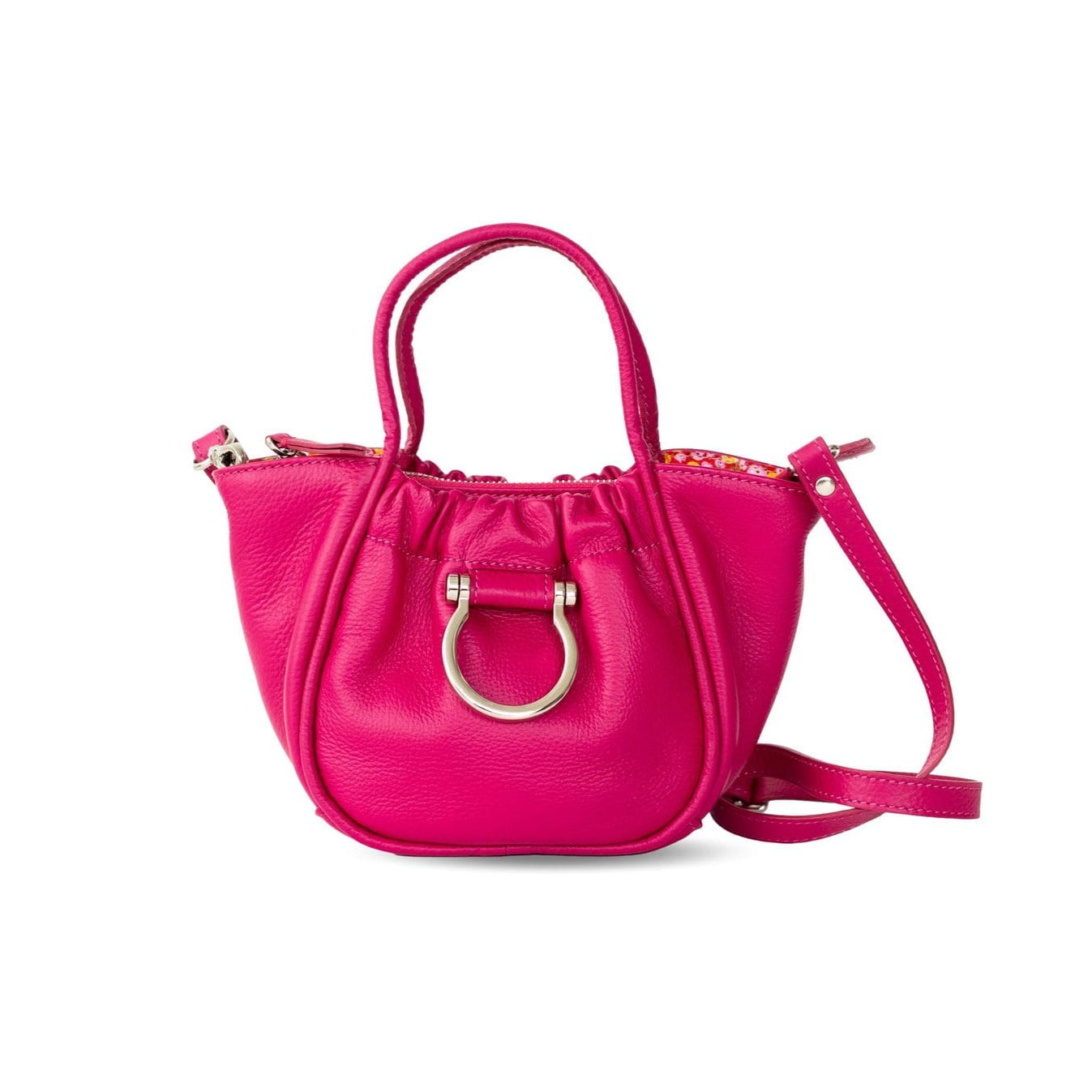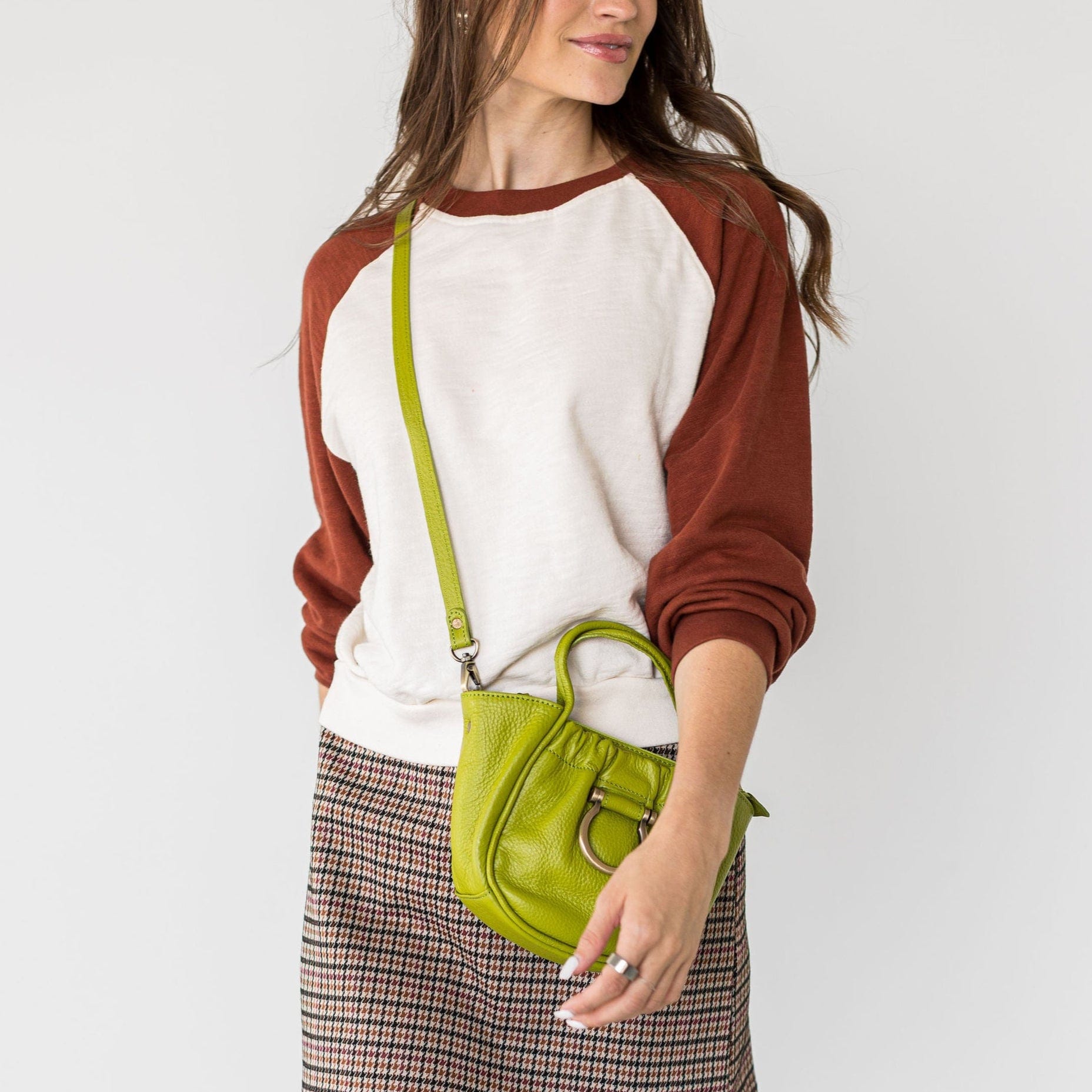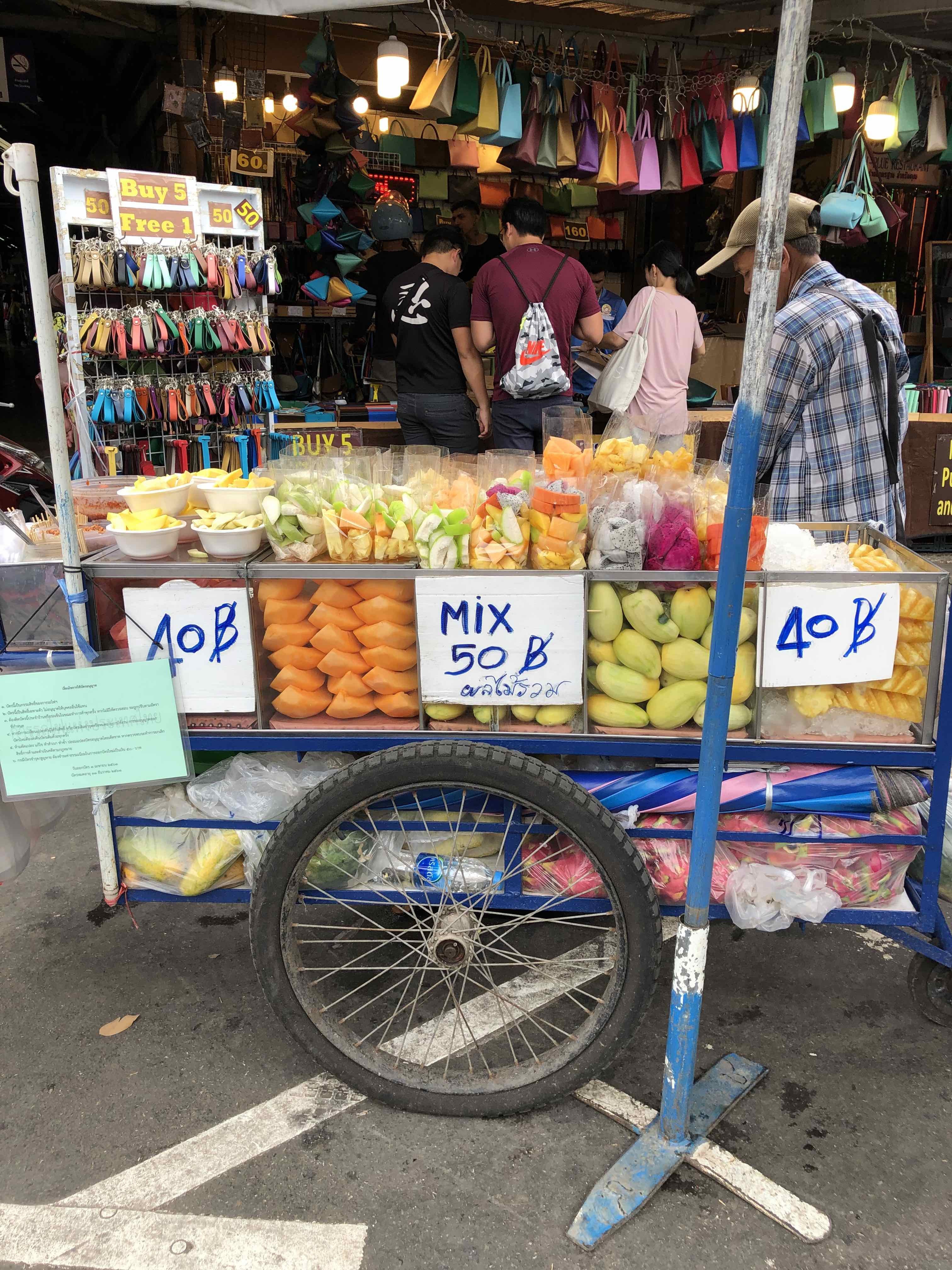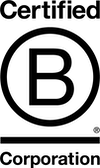At Sapahn, human rights are at the heart of all we do. From the way we make our bags to how we run our business. In our relationships and in the community. Through our words and actions. Each touchpoint presents an opportunity to spread joy, foster positivity, and advance our vision of a world where we recognize—and hold sacred—our shared humanity.
But you might wonder, what do we mean when we say human rights? And why should businesses place human rights as an integral part of their business model.
Read on to learn why human rights are common sense business to us.
To start, what do we mean when we talk about human rights? Human rights are the rights that protect our status as humans, as free and inherently equal beings. They are not privileges. They are essential rights and freedoms that protect our individual and collective humanity.
Human rights were formalized after WWII at a moment when the world desperately needed a blueprint to safeguard humanity. The Universal Declaration on Human Rights remains the bedrock of today’s international human rights regime. The UDHR has a lot of important features. One being its assertion that all of us have a role to play in the realization of human rights—at a minimum, we must exercise our rights and freedoms and privileges in a way that does not infringe upon or compromise the human rights of others.
Within the UDHR, one finds the crux of human rights:
- Basic human needs—people must have access to the requisite resources and services to live with dignity.
- Freedom and equality—no one should be subjected to servitude or discrimination.
- Accountability—everyone must be accountable and held to the same fundamental standard.
- Agency—people must be able to act on their own behalf.
All these conditions must be met to safeguard humanity. When any of these conditions are lacking, harm to people and the planet is likely if not inevitable. When human rights are upheld, just and sustainable outcomes become possible. There are two sides to the human rights coin. On one side, harm prevention, and on the other, genuine win-wins and all of the resilience and fidelity and benefits that result from those win-wins.
In the end, human rights are simple. Here is the litmus test for human rights:
- Are people or the planet being harmed? This harm can be overt or obvious. It can also be more subtle. If someone isn’t paid a living wage, that’s harm.
- Are people able to protect themselves, their interests, and the people around them?
This is what human rights are all about. Obviously, business has a critical role to play. Business that disregards human rights can do all types of harm to people and the planet, and this harm persists because affected people are not able to protect themselves, their interests, and the people around them. Business that respects human rights can uplift individuals, communities, and entire ecosystems.
At Sapahn, we embrace our responsibility to respect human rights as outlined in the UN Guiding Principles on Business and Human Rights. We understand that respecting human rights is not a passive exercise. It’s a call to action.
Think about when you do your best work. What does that situation look and feel like? As a business owner, why wouldn’t we want this for our team? Our supply chain? Great work comes from being treated and respected, right? You wouldn’t perform your best if you were sleep deprived, hungry, stressed about securing basic wellbeing needs, facing restrictions from using the bathroom on your 8 hour shift, etc.
What is the golden rule we teach all children? Treat others how you would like to be treated. Common sense, right? Why would this be any different in business? Seems so simple, yet something many get so wrong.
Case in point, one of the most common and encouraged business practices as you grow is to go back to your suppliers and try to get better rates. It’s a game of “how low can I get this product for?” Now add on the fact that if you are doing this internationally in a developing country $1 to them can be life changing and could be the difference between being able to feed their family. At times, they might be desperate and take the deal because of the mindset of “something is better than nothing.” It's not a chess game as many businesses play it. It is peoples’ livelihood. (And, hint hint, this is also the case when you as a traveler are shopping local markets playing the bargaining game—keep in mind a $1 to them can be life changing and bargaining could be the difference between being able to feed their family.)
But, what if businesses approached this situation totally differently? What if they were transparent with their suppliers and cultivated open dialogue to understand their pricing, business needs to scale, challenges, etc? What if the relationship dynamic changed from power to understanding? What if business centered around ensuring your business’ success didn’t crush the success and livelihood of another and didn’t put their workers’ rights at risk? What if we realized that business is very personal, that real people are what is at stake? When conversations and questions like these are posed, we can start to do better.
Here at Sapahn, our origin story to our business model; how we source to the way we make; from the artisans who craft our products to the customers whose purchases support them, we believe:
ALL people are significant.
EVERYONE deserves the right to act as an agent of their own well-being.
EACH of us aspires to live a life full of meaning.
Everyday. In all that we do.
This just simply seems like common sense to us.

